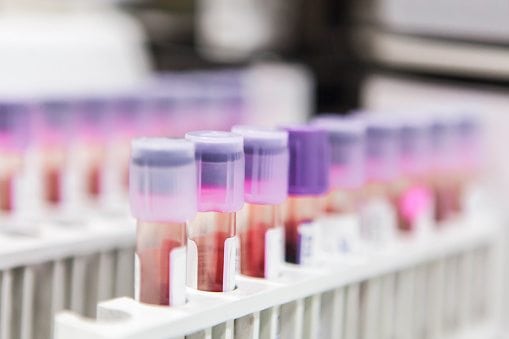<< Back
Male Infertility: What You Need To Know

June 08, 2016
Did you know that male infertility accounts for half of the cases where couples are struggling to conceive?
Dr. Jared Bieniek, a urologist with Hartford HealthCare’s Tallwood Urology and Kidney Institute, explains the importance of an evaluation for men and treatment options.
 Dr. Jared Bieniek
Dr. Jared Bieniek
Q: What is male infertility and what are the factors involved?
A: Infertility is defined as the inability to conceive after one year of trying, or sooner for couples in which the female partner is a little older. This problem is not uncommon, affecting 15 percent of reproductive-aged couples – that’s nearly 7 million U.S. couples.
- We may not hear about it much given the sensitivity of the issue.
- For those struggling to conceive, male factors may be identified in half of cases.
- These male factors may include issues with sperm production, transport, sexual function, or reproductive hormones.
Q: What happens during an evaluation?
A: The male evaluation is simple and is a critical component of the evaluation of the couple as a whole.
-
- Men typically will undergo a directed medical history and physical examination with focus on details including medical problems, past surgeries, medications, and toxic exposures
- Additionally, men should complete at least two semen analyses to assess the sperm number and quality
- In cases where additional information is needed, men may be asked to complete blood work and consult with a male fertility expert
- It’s important to recognize that male fertility problems may also be a “canary in the coal mine” with evidence of increased rates of future diabetes, heart disease, and testis cancer in large population studies
Q: What are the treatment options available to men with infertility?
A: Treatment options vary based on any factors identified that may be contributing to reduced male fertility.
- A healthy lifestyle including a daily multivitamin is my first recommendation to any man trying to conceive.
- Medications may be helpful for some men with reduced sperm production or low testosterone to increase testicular function.
- It is important to remember that testosterone replacement therapy, however, has the opposite effect and actually shuts down sperm production.
- Surgical treatments also are recommended for some men found to have contributing conditions such as varicoceles, lack of sperm in the ejaculate, or prior vasectomy.
Q: What about a vasectomy reversal for men now interested in having more children?
A: Vasectomy reversal is an option for having children after a prior vasectomy and has been shown to be more cost-effective than in vitro fertilization.
The procedure can typically be performed through mini-incisions not much larger than the original vasectomy. While the reconstruction may be slightly simpler if it’s been a short amount of time, there is no time interval that is too long with some centers performing reversals up to 40 years later.
For more information, click here.